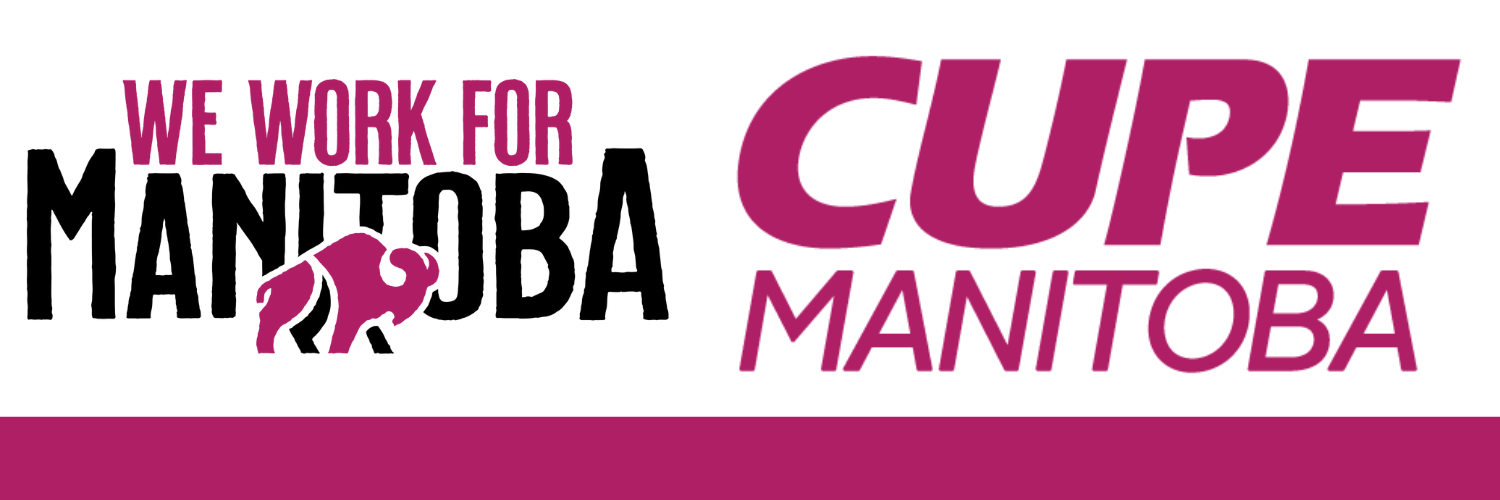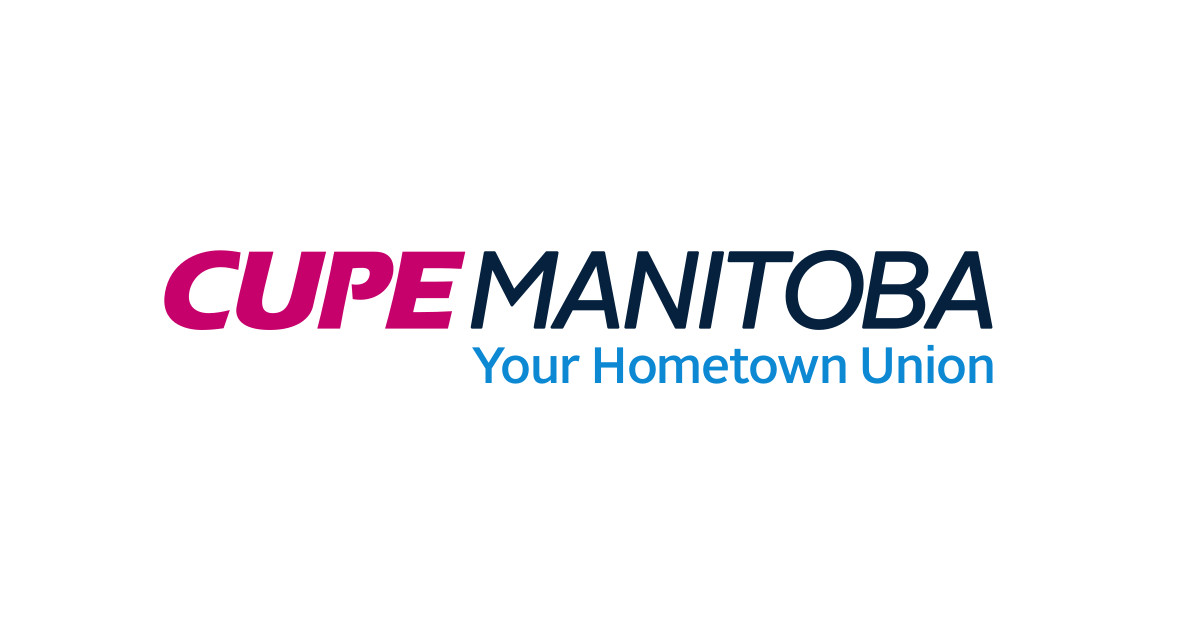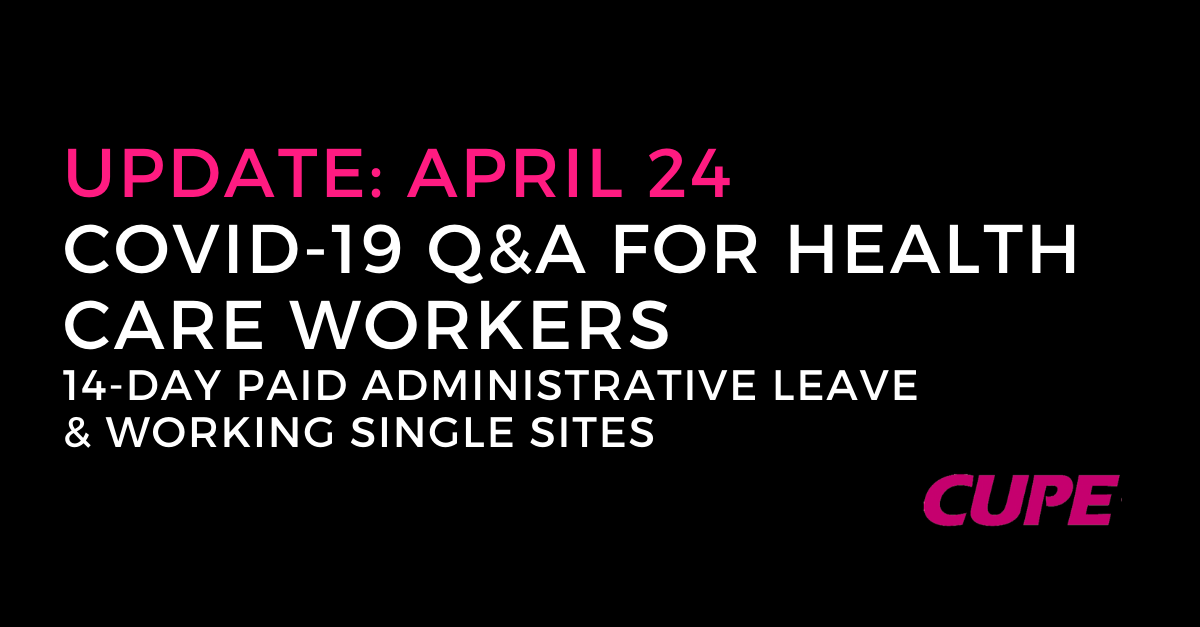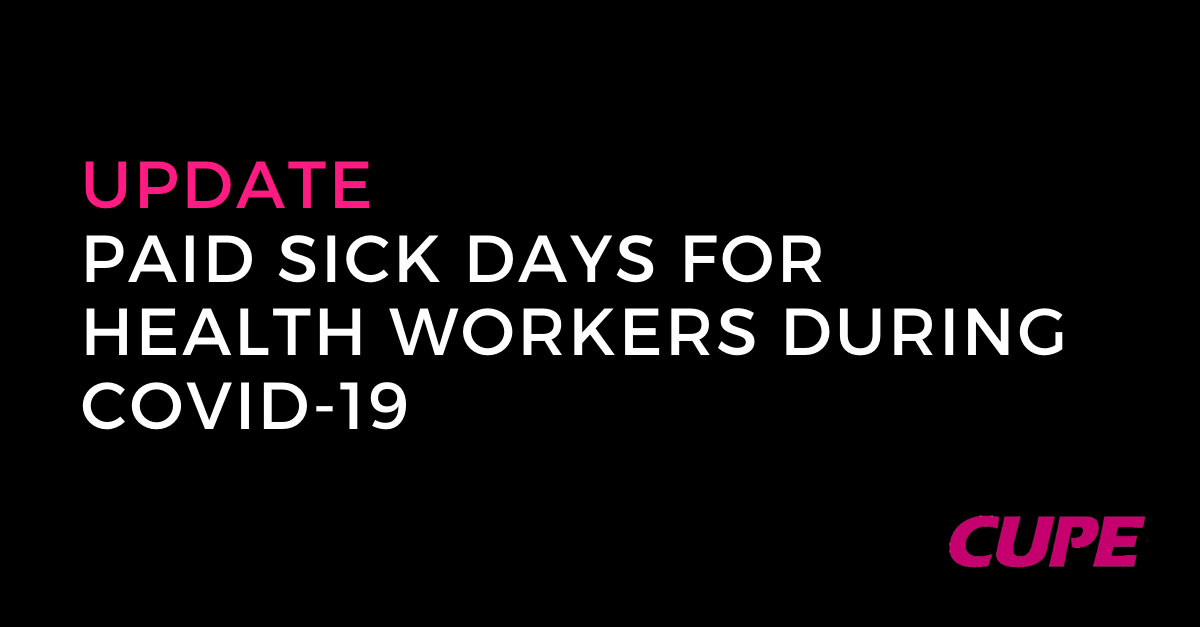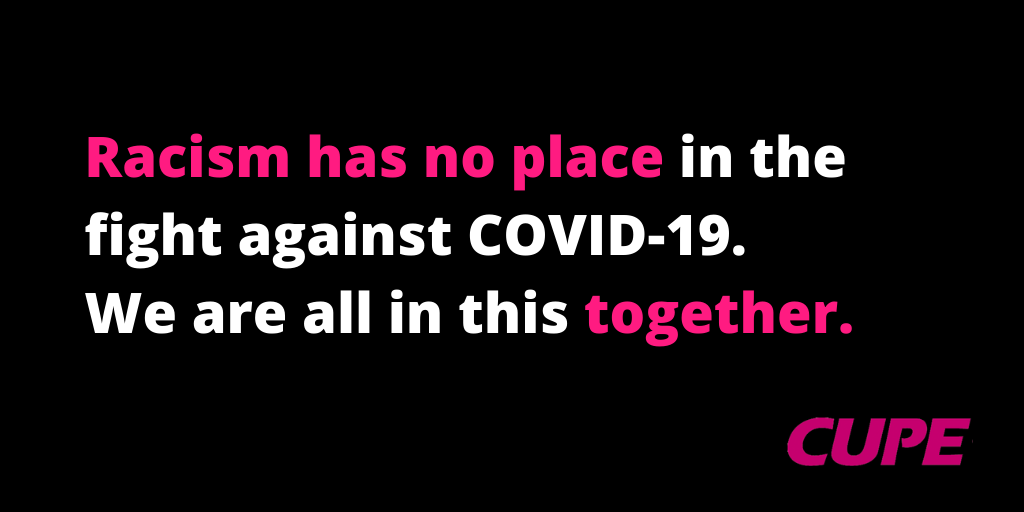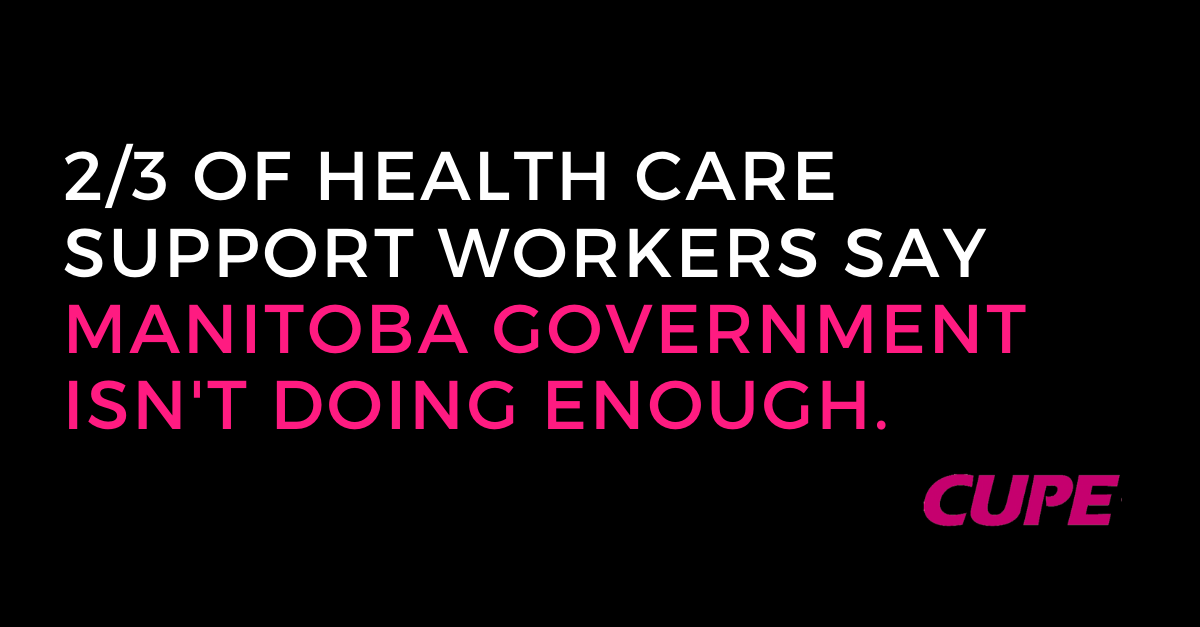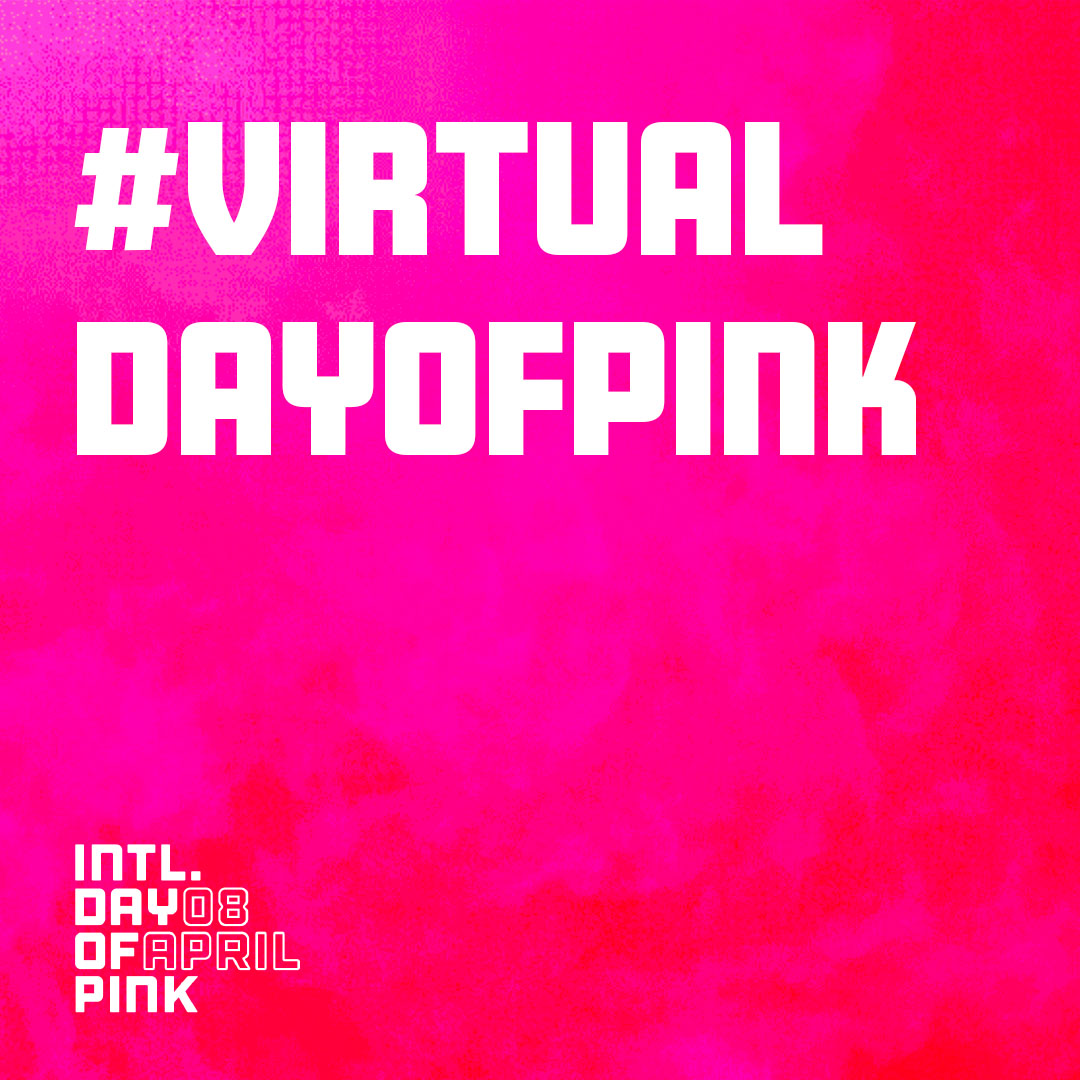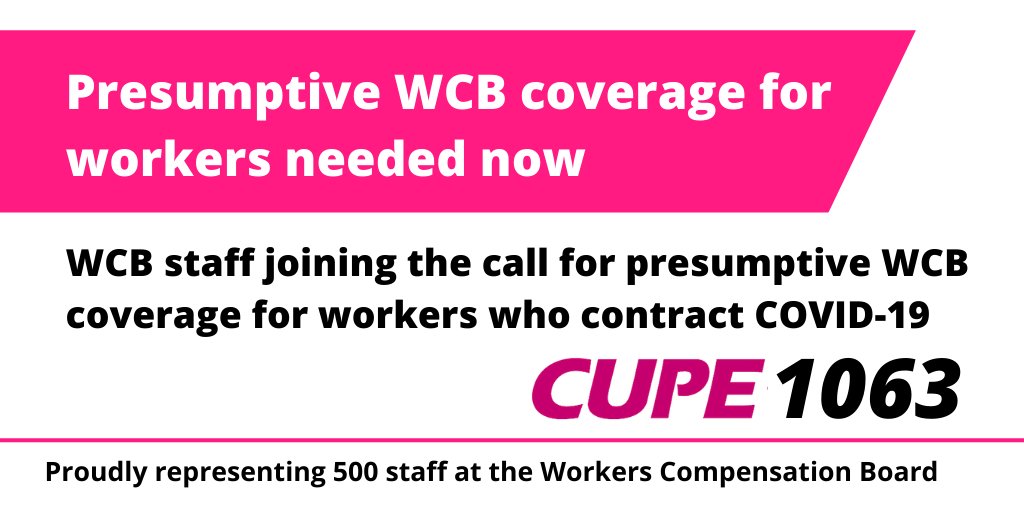Last week, with extremely short notice, CUPE was advised by the Pallister government about their desire to reduce the cost of so-called “non-essential” public sector workforce by 10-30 per cent. Unions and employers were initially informed about the plan through a provincial news release.
The workforce reduction will not apply to essential workers in areas like health care, child care, K-12 teaching and certain other public services and utilities – but it is alarming news from our government in the midst of the crisis of our generation. To do this, they are asking government departments and agencies to submit plans that cut workforce spending by 10%-30%.
The Manitoba Federation of Labour, CUPE, and our union friends in the Partnership to Defend Public Services attended a meeting on April 14th to discuss the request from government.
The government has presented two main options to avoid full layoffs of individual employees:
- Implement work-sharing agreements where “non-essential” staff would have their work week reduced to as few as two days per week and receive Employment Insurance for lost workdays. This work-sharing would have to be workplace-wide or possibly department-wide, unless positions are “essential”. The EI maximum of $54,000 per year would apply to income under this option.
- Expand employees’ ability to participate in a Voluntary Reduced Work Week. Under such a scenario, employees would be allowed to take up to 35 days of absence without pay. Approved VRWs may be treated as regular working days for pension, group life, and accumulated service calculations.
The work-sharing option is only possible if the federal government deems your employer eligible. Currently, the Federal Government has deemed Government Business Enterprises eligible (such as crown corporations and certain independent, revenue generating agencies) and Universities, but core government services such as the civil service and K-12education are not. The Federal Government would need to expand program eligibility further to include these last groups.
The government has so far been unable to say which public services they believe are non-essential. At the same time, the government has also made it clear that they will start making decisions on these matters very soon. The government has requested options for cost reductions by as early as Tuesday, April 21th. The provincial government has new powers under emergency legislation and could pass orders to require workforce reductions. CUPE is calling on the provincial government to respect our collective agreements.
CUPE Manitoba has serious concerns about these proposals, and some are worse than others. We are working towards the best solutions to the financial pressures of COVID-19, options that keep the public sector working. We want to keep doing our part to support health care and other public services that are so important and to work towards a collective social and economic recovery.
Across Manitoba, we are seeing the difference that public service workers are making in our communities. We know that quality public services are essential for all Manitobans – in normal times, and in these unprecedented and extremely challenging times, too.
The government’s job during a crisis is to demonstrate leadership, keep people safe, and make sure people can pay their bills and put food on the table. Cutting services and laying people off isn’t the answer. These measures reduce the government’s ability to respond and support people, and further shrinks the economy and the tax base.
We know this is creating more anxiety in your life during an already overwhelming time for all of us. We know that members have mortgages, rent, utilities and other bills to pay, and that a forced reduction in hours or days of work could create a personal crisis for you.
Please let us know how this might affect you – we would like to have stories and concerns and questions to share with management as we continue to look for answers. (We will keep your identity confidential.)
Protecting the jobs and livelihoods of our members and our communities is one of our top priorities, and we are working hard to avoid layoffs and mandatory workforce reductions across our provinces.
CUPE is here with you, and for you. Please contact your local CUPE executives if you have questions or concerns, and we’ll do everything we can to support you.
